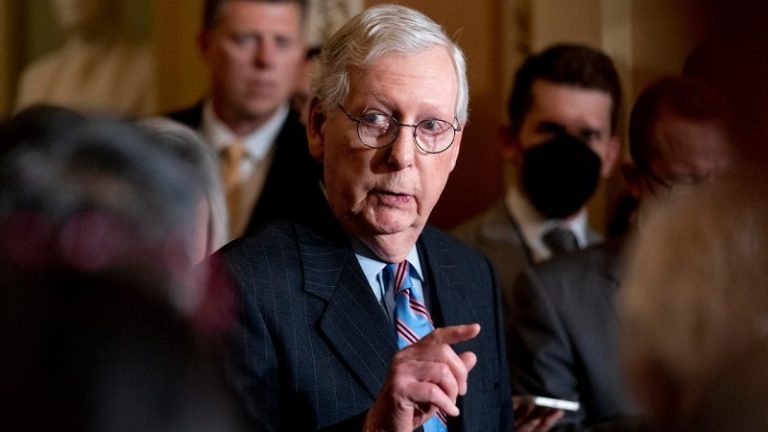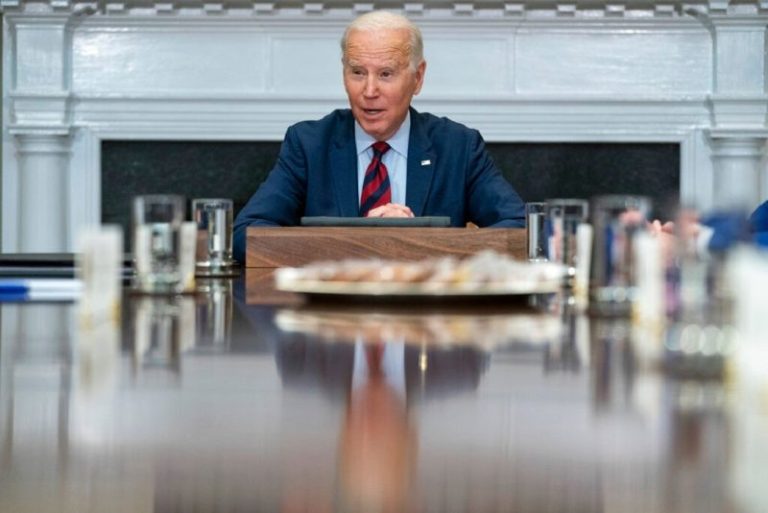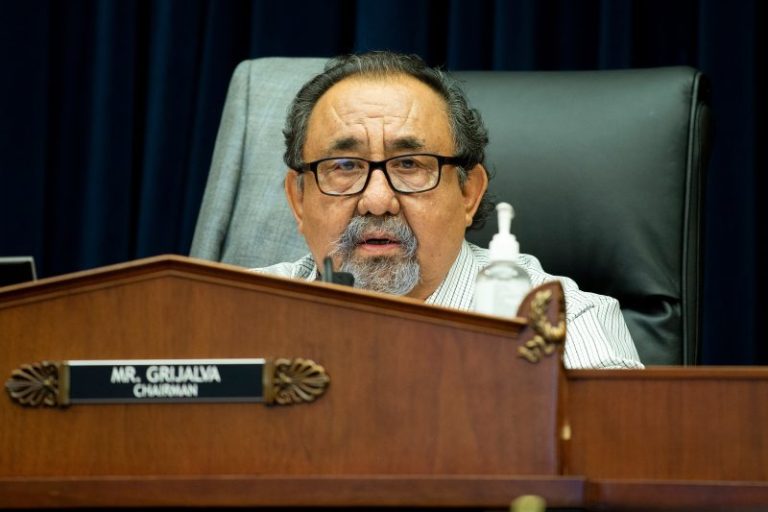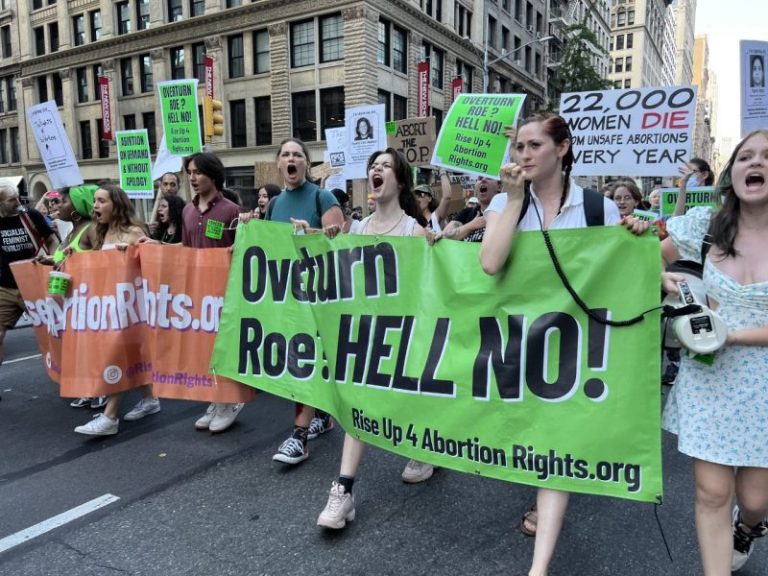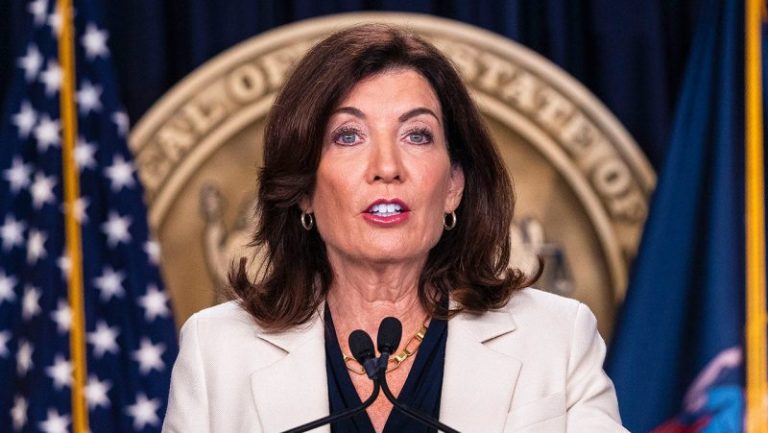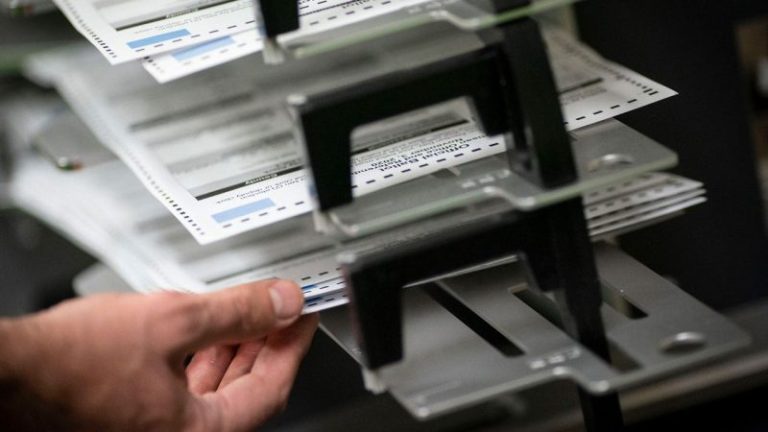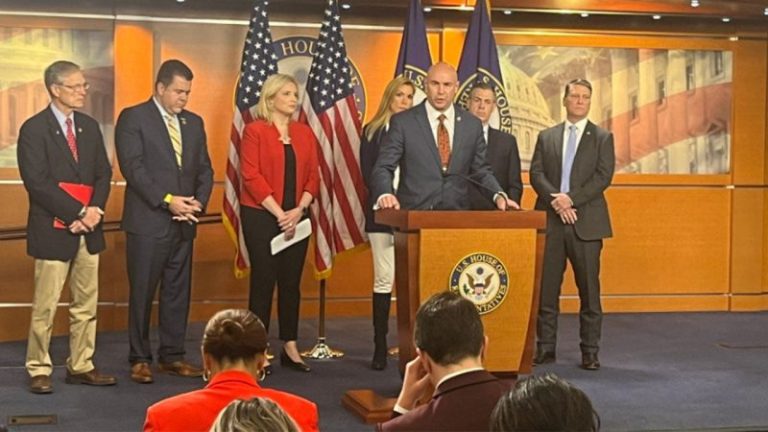Senate Minority Leader Mitch McConnell said Tuesday that only a negotiation between House Speaker Kevin McCarthy and President Biden can deliver a resolution to the fight over the debt ceiling, and indicated the Senate would end up accepting any deal reached by House Republicans and the White House.
McConnell said slim Democratic majority in the Senate makes it highly unlikely that the Senate could pass any resolution to the debt ceiling that the GOP-led House could accept. For that reason, he said it’s up to McCarthy and Biden to find a way forward.
‘I can’t imagine any kind of debt ceiling measure that could pass the Senate would also pass the House,’ McConnell told reporters. ‘In this current situation, the debt ceiling fix, if there is one… will have to come out of the House.’
‘So I think it’s entirely reasonable for the new speaker and his team to put spending reduction on the table,’ he added. ‘I wish him well in talking to the president. That’s where a solution lies.’
McConnell’s prediction reflects the reality of a 51-49 Senate that needs 60 votes to pass legislation. Even if nine Senate Republicans went along with Senate Democrats to approve a debt ceiling hike, that agreement would go nowhere in the House, where Republicans are demanding significant spending cuts before agreeing to raise the borrowing limit.
Similarly, Senate Democrats are unlikely to break ranks and support a Senate Republican debt ceiling hike that calls for spending cuts.
So far, House Republicans have called on President Biden to negotiate a deal that allows a debt ceiling hike and cuts spending. But Biden and the White House have said they will not negotiate, and are warning that Republicans are threatening an economic disaster by demanding a debt ceiling hike with conditions.
Several Democrats have warned that GOP demands will lead to economic ruin. Tuesday morning, Senate Majority Leader Chuck Schumer, D-N.Y., imagined the worst-case scenario of a debt default as a result of GOP demands for spending cuts.
‘Listen to what could happen if we default,’ Schumer said on the Senate floor. ‘Interest rates will go up on mortgages, on car loans, on credit cards. Pensions, the money people had put aside, will lose billions. So will IRAs and 401(k)s in all likelihood. Home values will decline because when mortgage interest rates go up, people are willing to pay less for homes.’
Republicans have said they have no interest in allowing the government to default on what it owes, and that the two parties have worked before to agree to new spending terms during a debt ceiling debate. The GOP also says the growing $31.4 trillion debt is as much a threat to U.S. security as a possible default.
‘We have several months to reach a bipartisan deal, which Congress has successfully done numerous times in past debt ceiling negotiations,’ House Budget Committee Chairman Jodey Arrington, R-Texas, told Fox News. ‘While defaulting on our debt is an unrealistic outcome, bankrupting the country and our children’s future is a real and irreparable scenario.’

